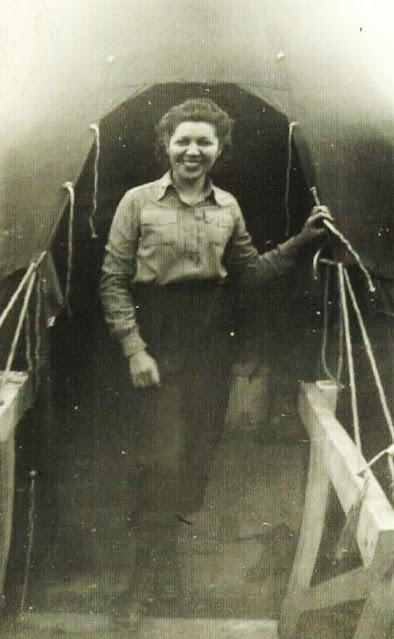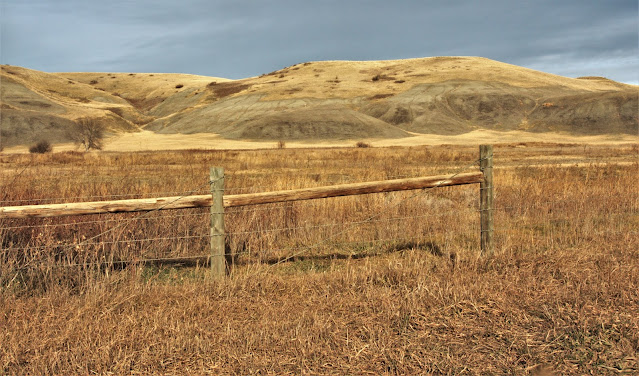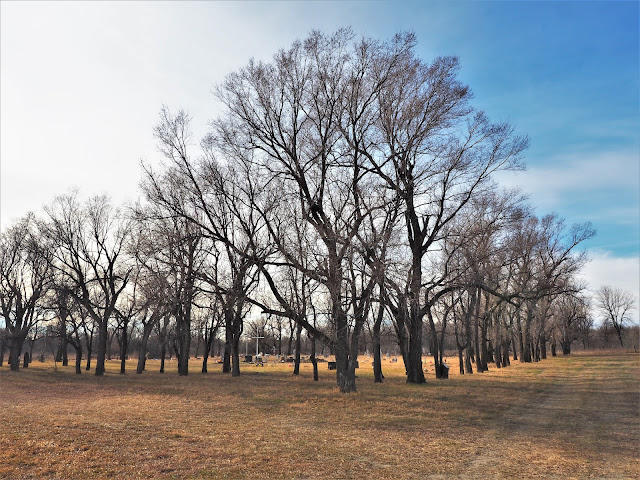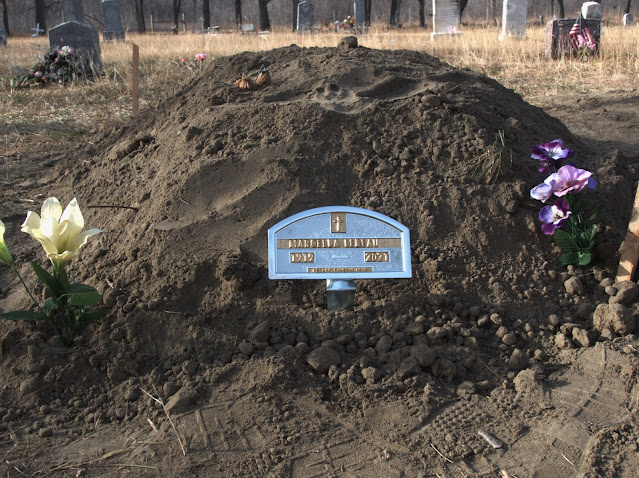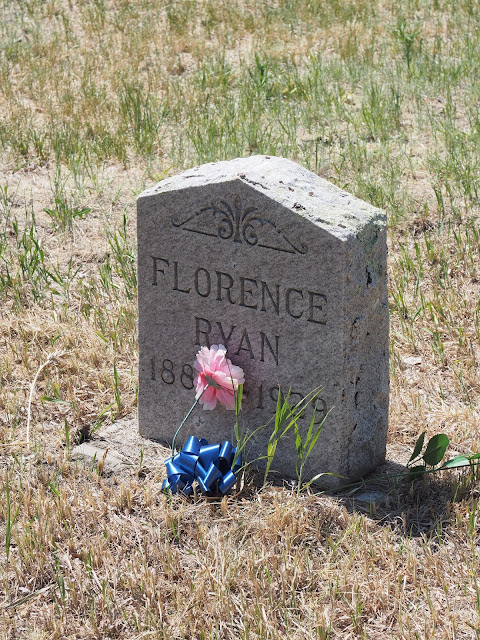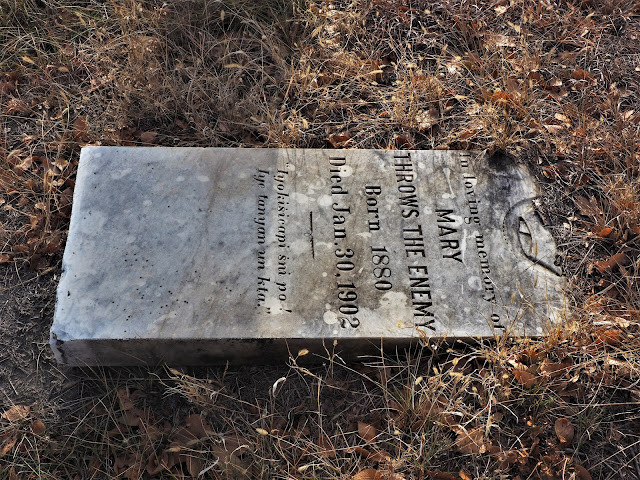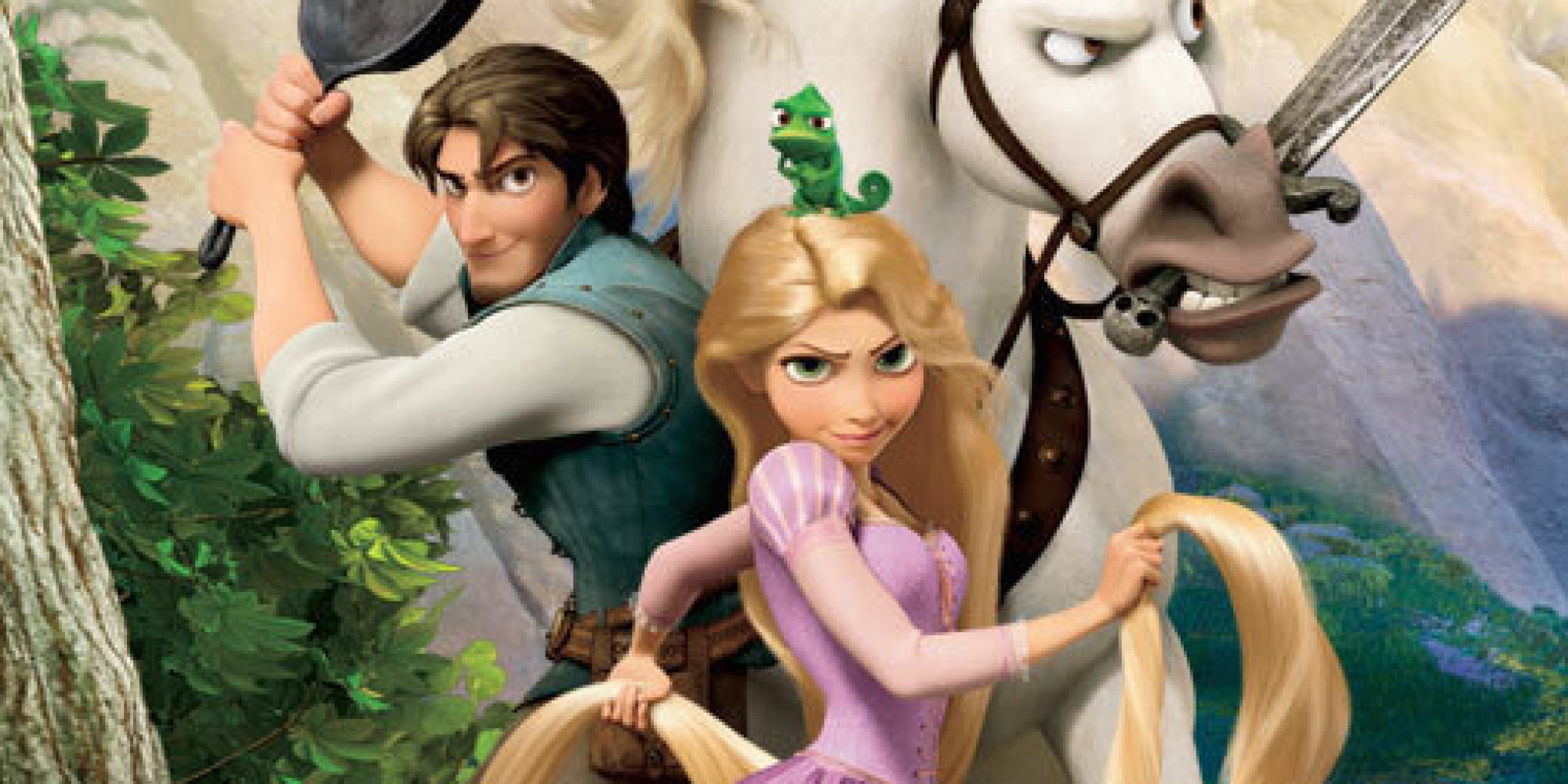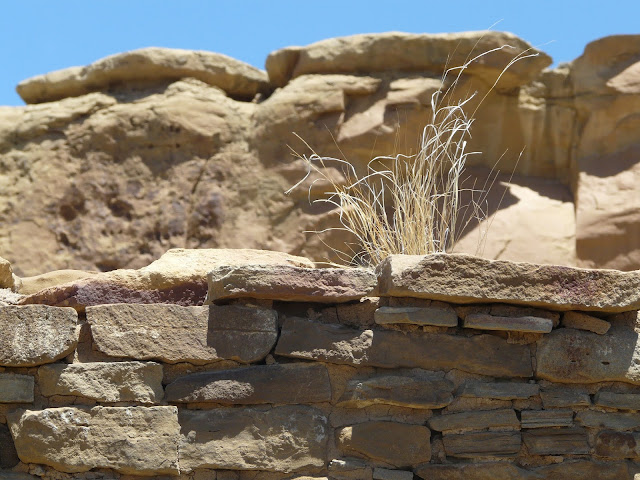It was a sweet opportunity. From the moment it was offered, I knew it would be, for me at least, a joy. It's been 55 years since I graduated from high school and a building that, years ago already, was used-up and torn down, outgrown in the village where I grew up.
By chance (my Calvinist dad used to tell me there's no such thing as chance), a former student is teaching these days in the new high school; she asked if I'd like to speak to her creative writing class because, she said, she mentioned me as someone who did some writing and was actually, like them, from Oostburg, Wisconsin.
That she's a darn good teacher wasn't surprising. She had them primed to meet me, via Zoom, a medium they're far more used to, thanks to Covid, than I am. So there I was, looking into a room full of high school kids (24--a big class) and at a young woman I remember for being as full of talent as she was personality.
First question: "What was Oostburg like when you were a kid?"
I can't help but think that they must have felt I was stalking them, moving back and forth, up close to my computer's camera, then back again, all in an effort, I think now, to get out of the blasted screen.
It was an understandable question, not something I didn't anticipate; but it did assume I had some level of understanding of what it was like to live in Oostburg today--which, I don't, my visits, at best, spotty through the years.
I don't remember exactly what I said, but I did reach for history, explained that the town was much bigger today, that there was no I-43 scooting by just east of town to manage the buzz of traffic between Milwaukee, Green Bay, and "up north." For work, that highway made commuting to Milwaukee possible, and thus planted all kinds of new housing along the lakeshore--in all probability, some of their houses.
I told them we used to hang out along Lake Michigan's shoreline, in the swampy woods and dales and sand dunes. I told them today they wouldn't be welcome where we were free as seagulls. I told them I remembered driving over the frozen sand in winter. Today, they'd be arrested. But I told them they were blessed to grow up in a place as beautiful as the Wisconsin lakeshore.
I said I remembered that the population back then was 898--for some dumb reason, that number sticks. I asked them what it was today. No one seemed to know. I took a guess--maybe three times that. I told them growing up in Oostburg these days must be much different.
But we talked about writing too, about how to get over writer's block, about how to know what to write, about finding material and making it good, about why writing is a good thing. I told them how when I was their age and working at Terry Andrea State Park, I sold a park sticker to a bunch of kids from Milwaukee, who'd come in pulling a rack of canoes. I told those writing students it was windy that day and I knew it was really dumb to think anybody could canoe in the big lake, especially when the water was rough.
But I didn't tell the canoe gang as much. I didn't mention it because the kids were all about my age, and I didn't want to be somebody's old picky aunt, harping. I sold them the sticker. I let them in.
Four drowned.
Later, the boss blew up, told me I should have warned them. "You were born here," he told me, meaning I should have known better.
I told those OHS kids that story. I said I went home that night and, after my folks were in bed, for some dumb reason I took out a piece of paper and just started writing stuff--what, exactly, I don't know.
"No," I said, "I don't have that piece of paper." I told them what I said probably wasn't even all that wonderful or important. But I somehow got the sense that if I tried to write how I felt, it might help.
Even though I was sitting at this very desk, 500 miles west, I just can't help but think that story got in to their minds--and maybe, if I'm blessed myself, into their hearts. While Oostburg may not be at all the same as it was 55 years ago, there's something in our human character that has never, ever changed and likely won't.
Music can make years and even differences disappear, but so can writing. "I don't really know what I think until I try to write it." I shouldn't use quotes because I'm not sure right now of her exact wording, but I'm repeating something Flannery O'Connor once wrote or said, something that has struck me.
I had a great time. I hope that big class did too. This morning, I'm still smiling, greatly thankful for the opportunity.
 |
| Poster for a reading on campus, Dordt College, 1979, a poster done by Norman Mathias. |


